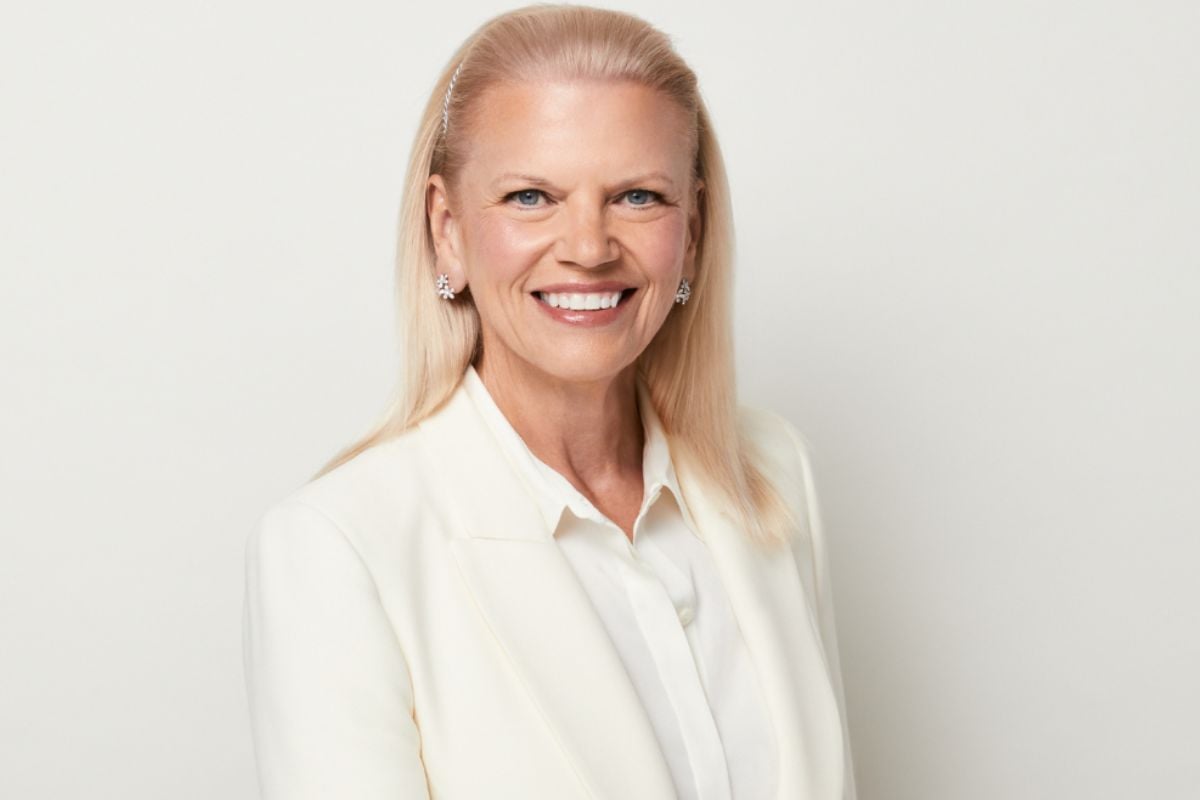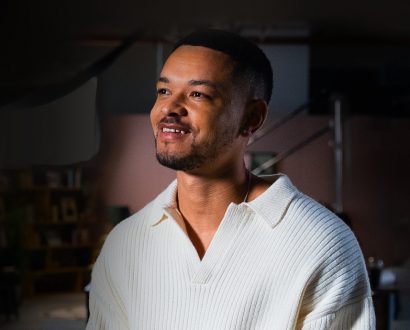For many women in STEM and business, Ginni Rometty has been an inspiration and a trailblazer. Becoming the first female Chair, President and CEO of IBM, she has been hailed as one of the most powerful women in the world.
After leaving her role three years ago, Rometty wrote Good Power: Leading Positive Change in Our Lives, Work and World and is also a Founder and Co-Chair of charity OneTen, continuing the work she started while at IBM, helping those from disadvantaged backgrounds access employment and training opportunities, and giving employers new pools of talent.
Rometty is all too aware of how different her life could have been. Growing up in a single parent home, she watched her inspirational mother work hard and continue studying to build her pay grade while looking after four children.
Relying on the kindness of their community, government aid and seeing how education was a pathway to success, Rometty secured a scholarship to university and began her climb to the top. She took with her the lesson ‘never let someone else define who you are’ and flourished.
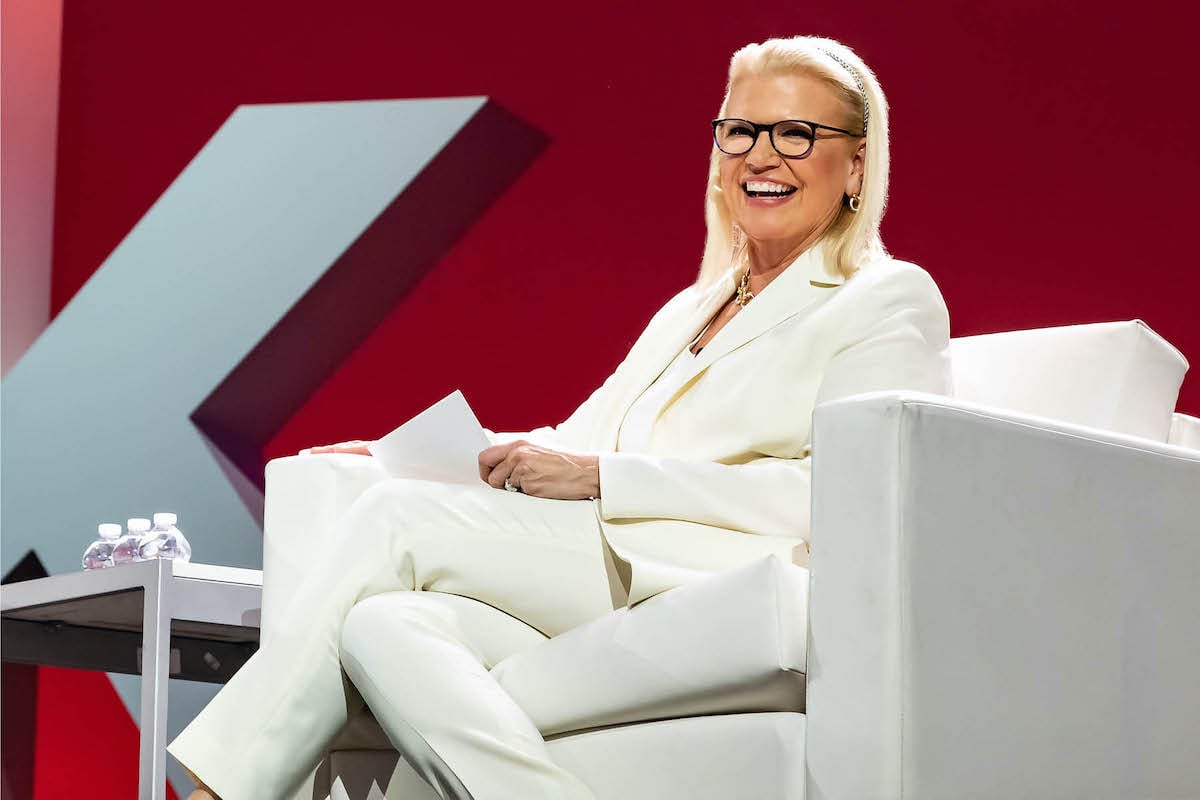
“When I was young, my definition of success – given my childhood – was just survival and maybe financial independence.”
Having had time to reflect while writing Good Power, she’s in a good place to define success when she sits down for an exclusive interview with The CEO Magazine.
“It has changed over time,” she says thoughtfully. “When I was young, my definition of success – given my childhood – was just survival and maybe financial independence. Over time I realized it’s not about yourself, it’s about other people.
“I would have defined it as just having a positive impact of some kind. My third circle of impact now includes creating better opportunities for more people. I guess that’s really a progression – me, we and then the big us.”
Being the change
Rometty’s zest for life is infectious. There is no doubt that many young women will have been inspired by and had doors opened because of Rometty’s success. But she admits that sometimes she has felt uncomfortable with her gender being highlighted.
“There were times I just didn’t ever want to be recognized as a woman – just let me do my work, see the outcomes,” she says.
However, she came to realize the importance of uplifting others. “I remember some of the articles written when I became CEO of IBM said, ‘Her success or failure could determine the outcome for all women.’
“That gave me a sense of responsibility. And that grows over time; that saying, ‘People cannot be what they cannot see.’ When you are named in those power lists, you have a responsibility to do something good with it, that is how I looked at it.”
Rometty grew to not only embrace her role-model status, but she also began to support and create systemic change in a previously male-dominated industry. “It’s not that you just need more women leaders,” she explains. “I think those ‘feminine traits’ – meaning you’re a listener, developer, empathetic, but also tough – need to be appreciated more.”
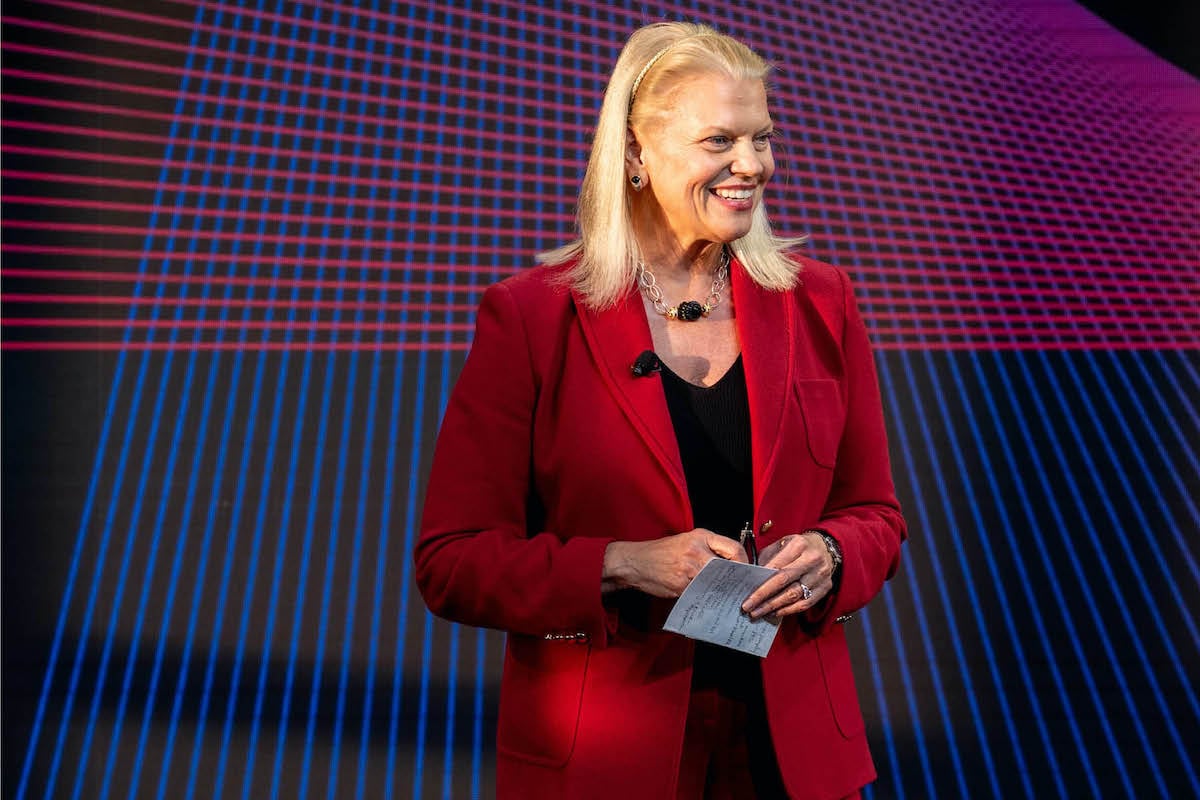
“I think those ‘feminine traits’ – meaning you’re a listener, developer, empathetic, but also tough – need to be appreciated more.”
Looking back over the last four decades, Rometty is pleased to see an expectation for leaders to uplift and become a force for good. “I definitely believe it’s more expected. In some ways, it’s part of being an authentic leader,” she says.
“I think most people now look to their leaders and expect them to help them be better people themselves. It’s my job to make the team better. I think in this moment where you’ve got such diversity, whether it’s genders, backgrounds, beliefs – let’s just say opinions – an ability to make everyone feel welcome and want to do the best work is the kind of leader people want.”
This way of working and the concept of skills-first recruitment has become a movement that she hopes will strengthen and grow. It was a business reason that led her to consider job candidates who didn’t have a four-year bachelor’s degree. IBM began recruiting students from a unique high school that offered community college courses, and could see the talent in this pool of people without traditional four-year degrees.
These were keen, adaptable and hardworking learners, which was the key skill set they needed, even if they didn’t have traditional qualifications. In the main, these employees went on to gain what they would have needed to tick that box while they worked.
“They just had a different start point – where you begin is not where you end,” Rometty explains.
She is taking this concept forward with OneTen, which aims to close the opportunity gap for Black talent and others who do not have a four-year degree by creating opportunities to earn success and ignite potential with coalition member companies.
“George Floyd’s murder was an impetus to say, here’s an under-represented group – 80 percent of Black Americans don’t have a college degree – and a skills approach would be a way they get the upwardly mobile jobs,” she says. “I felt this approach was important for people to believe they have a better future in this country.”
A skills-first future for all
Rometty admits the development and accumulation of new skills over a lifetime will become even more important, especially with the role AI plays.
“Everybody’s going to have to get back to learning again, as their job is changing,” she says. “I think where we’re headed skills-first will become a real talent strategy for the entire workforce.”
It’s a strategy that also takes in mothers returning to the workplace and those who have not been able to afford the traditional routes into education, adding to diversity.
Being a continual learner is something Rometty has found has enabled her to stay at the top of her game. It is also clear that the passion she communicates has come from what she calls ‘constant apprenticing’.
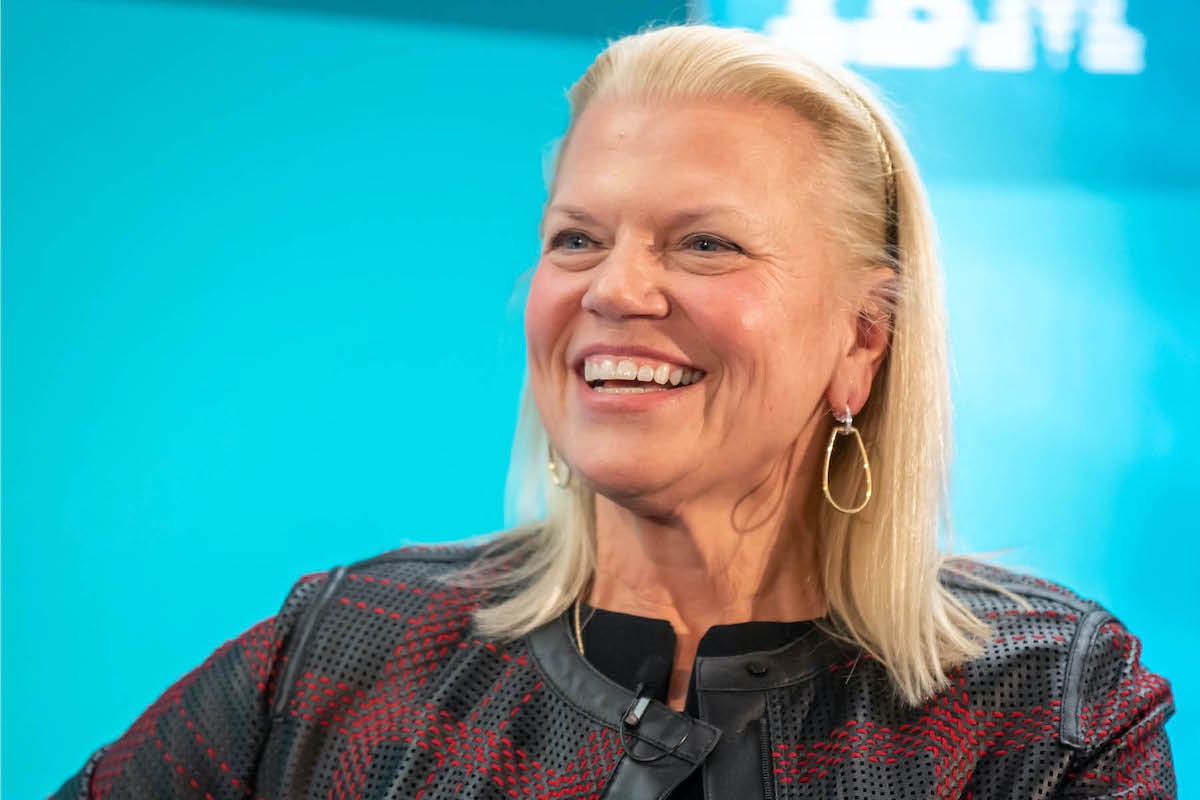
“Whenever people say to me, ‘I’m an aspiring CEO, what’s your advice?’, I would say, ‘Be an Olympic learner’.”
“I started by just learning the things I had to learn in order to help a client, in a reactive way,” she says. “I also proactively take an interest in a number of things just because the wider your palette of experiences, the greater your ability to solve problems for people – you’re trying to help connect lots of different dots because you’ve had experience or learned something and it’s really valuable.”
Rometty is all too aware this mindset is not often encouraged in corporate environments and traditionally we have ‘finished’ education rather than seeing it as a skill to add to over time. But to thrive in the future working world, Rometty encourages us to change that view.
“It’s more about your willingness to learn and if you don’t do that often, people are reticent. I did find that when we hired people that did the same thing for a long time, it was extremely difficult to get them to want to learn something new,” she says.
“Whenever people say to me, ‘I’m an aspiring CEO, what’s your advice?’, I would say, ‘Be an Olympic learner.’ If you are, then you’re the only person who will limit yourself because you could probably do about anything if you keep learning your whole life.”
Rometty acknowledges this is outside the comfort zone of many but has always advocated for pushing through in order to grow.
“The alternate title to the book could have been ‘Growth and comfort cannot co-exist’ – it’s an easy phrase to remember, but it’s about reframing risk. Don’t associate risk with fear, instead associate it with learning. The more you do this, the more resilience you’ll have. I now associate that uncomfortableness with learning,” she says.
“I’ve always been in technology, but this era is moving fast and will impact a far bigger number of people in some way and put more people in the position of having to learn something. I hope they start to associate it with a good thing.”

“You’ve also got to prepare society to have a better future because that technology is there, that means teaching them new skills.”
In Good Power, Rometty discusses the need for those working in tech to be stewards of good tech, by which she means mitigating the downsides of new developments as much as highlighting the good.
“We need to build trust in the technology. Do I know how it’s trained? Is it explainable? I think we’ll get there, but I don’t think an answer for the world is black box engines from two or three companies. I hope that innovation stays open,” she says.
“You’ve also got to prepare society to have a better future because that technology is there, that means teaching them new skills. It’s going to be a new paradigm of constant education through our lifetime. We’ll probably go through some uncomfortable periods, but in the long arc, I have a lot of confidence there’s enough good people who want to see both sides of this work out.”
Asking for help is a sign of strength
Rometty believes that looking for the next learning experience and asking for help has allowed her to push on.
“I do a lot of coaching and I see a big derailment with leaders where they think asking for help is a weakness, when it’s actually a sign of strength in that you can admit what you don’t know,” she says.
“I almost had a few near crashes until I quickly learned to ask for help. The best leaders are the ones who ask for help – and the side-effect of asking for help is that people want you to be successful when they have been enlisted to help you.”
As well as asking for help, listening to feedback and taking what you can on board is also a top tip.

“As a leader of people, your role is to believe in people more than they believe in themselves.”
“Listen to a critique, take what’s valuable out of it, but don’t let it define you, move on,” she advises. “A lot of people don’t listen to criticism. I will listen and look for the truth and make the change.
“I can’t begin to tell you how many people tell stories about someone who told them they were good or believed in them when they didn’t believe in themselves. It’s crucial that as a leader of people, your role is to believe in people more than they believe in themselves.”
Looking back on her incredible career, there is plenty to be proud of.
“The first thing that comes to my mind is personal, not professional. I have a wonderful 44-year marriage to my husband, Mark, and some people say that this book is a love letter to him,” she says, smiling.
“I’m proud to say that I gave IBM its foundation for the next generation because I do believe I was the bridge from its past to its future. It was a company I loved but it was time to leave and I think that is a trick for a lot of leaders to find that moment – many do stay too long.”
And while one chapter in her life has ended, there is no doubt this one will be even more fulfilling and impactful.

